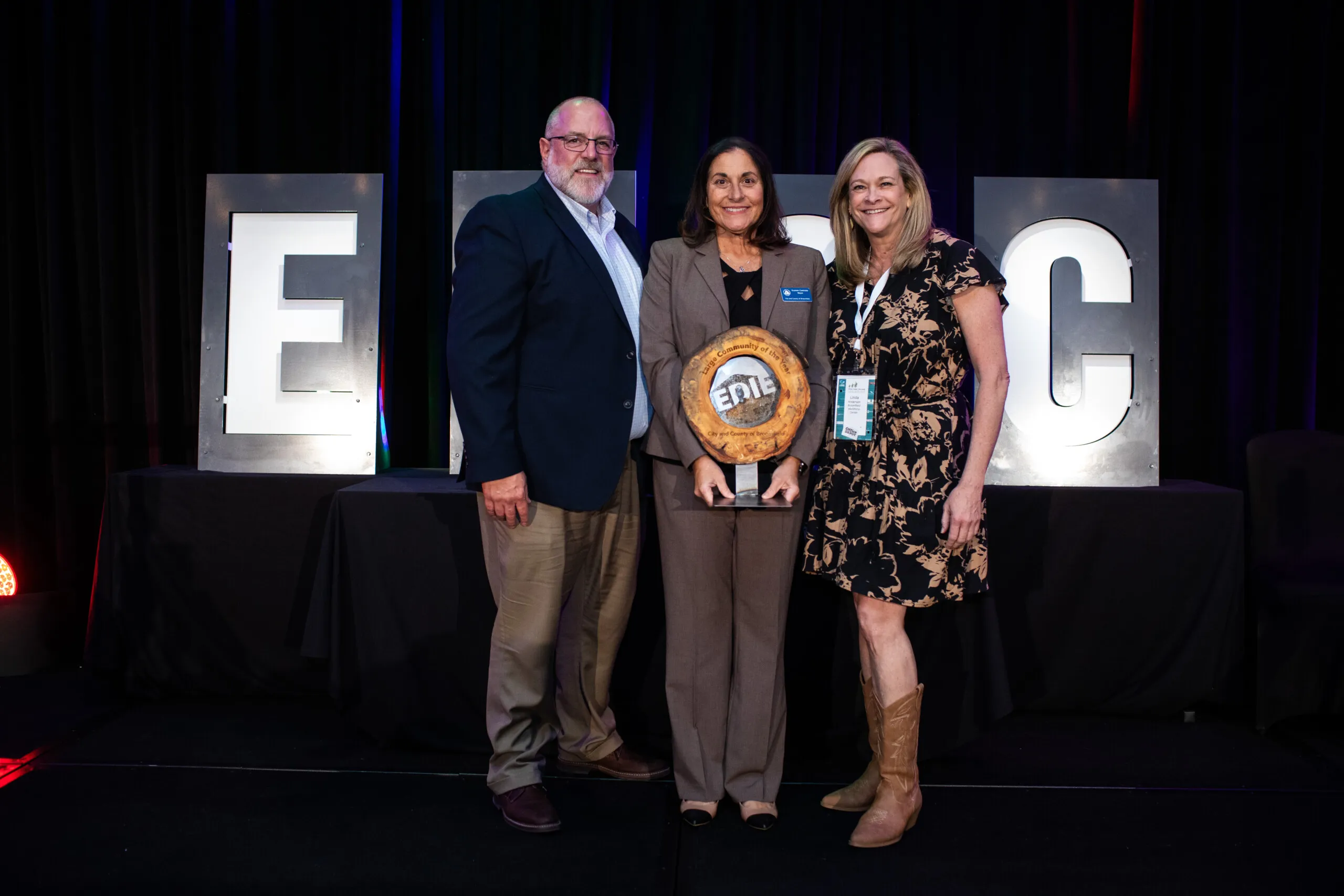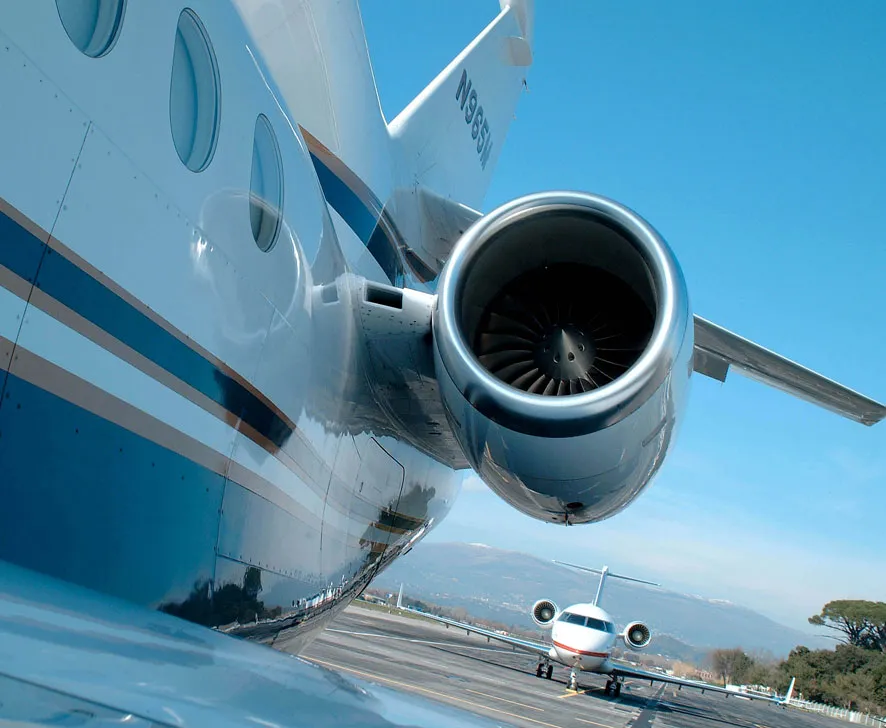CDOT creates fund to help cities extend restaurants onto streets
Communities attempting to help restaurants reopen from COVID-19 shutdowns by extending their seating areas onto sidewalks and streets might be able to get help from the Colorado Department of Transportation.
Jamie Grim, local government liaison for CDOT, told Northern Colorado elected and appointed leaders Wednesday that the state transportation department has designated $4.1 million in a mobility-grant fund to help communities buy or rent barriers to keep seating and pedestrian areas separate from traffic areas.
Many communities in Northern Colorado have worked with restaurants to extend their customer areas to areas outside of the restaurant in order to help them seat more people while under state-ordered limitations on customer distancing. Frequently, however, those restaurants are located on state highways, which makes it more difficult to extend onto the street.
SPONSORED CONTENT
“We want this [extending outside seating] to work, but we don’t want people to get mowed down,” Grim said.
State regulations require that concrete Jersey barriers be installed if pedestrians are walking or seated next to vehicle traffic lanes, she said. In addition, speed limits would need to be reduced, and usages would need to be compliant with the Americans with Disabilities Act, she said.
Windsor mayor Paul Rennemeyer asked about entertainment districts that are bisected by state highways, such as in downtown Windsor or in downtown Loveland. Local officials have expressed concern about whether people could carry an alcoholic beverage across a state highway if the entertainment district is on both sides of the highway. Grim said CDOT has been unable to find a reference in state law to that concern.
She said CDOT does not issue liquor licenses; it is issuing special-use permits for use of highway rights of way so that communities can extend pedestrian or seating areas onto streets that are also state highways.
“We don’t want individual businesses to come to us to request these permits, but we’ll give cities the special permits and have them oversee their use,” she said. Special-use permits are good for 120 days and can be renewed if communities determine that restaurants continue to need access to the streets.
Ben Snow, director of economic health and housing for the city of Greeley, said the Greeley City Council approved on first reading Tuesday a “go-cup” ordinance that will permit outside consumption of alcohol along certain parts of the downtown, including Eighth Avenue, which is also U.S. Highway 85. Parking areas on the highway will be converted to pedestrian or restaurant use while retaining traffic flow, he said.
Grim said information about how to apply for the mobility grants will be available from CDOT yet this week.
Communities attempting to help restaurants reopen from COVID-19 shutdowns by extending their seating areas onto sidewalks and streets might be able to get help from the Colorado Department of Transportation.
Jamie Grim, local government liaison for CDOT, told Northern Colorado elected and appointed leaders Wednesday that the state transportation department has designated $4.1 million in a mobility-grant fund to help communities buy or rent barriers to keep seating and pedestrian areas separate from traffic areas.
Many communities in Northern Colorado have worked with restaurants to extend their customer areas to areas outside of the restaurant in order to help them seat more…





